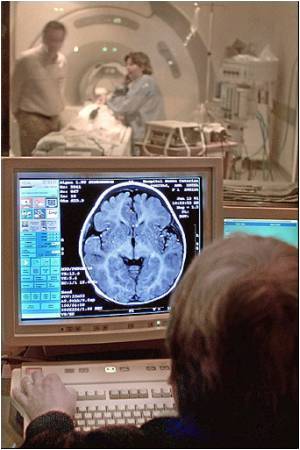A recent study on Alzheimer's disease has pointed out that the disease could be preventing proper blood flow to the brain.

A drug that interferes with that process could reduce the memory loss and dementia that are the most wrenching consequences of the disease, the findings suggest.
"There's at least this one very promising therapeutic angle," says Sidney Strickland, head of the Laboratory of Neurobiology and Genetics at Rockefeller.
"And what's nice is that a drug that disrupted this particular interaction would not affect clotting elsewhere like regular anticoagulants, because the amyloid-á peptide is primarily found in the brain," Strickland adds.
Postdoctoral fellow Marta Cortes-Canteli led the work in Strickland's lab, conducting test tube experiments and experiments in mice genetically engineered with Alzheimer's disease to investigate the interaction of amyloid-á and the blood-clotting agent called fibrinogen.
Normally, when the body is injured, fibrinogen forms fibrin clots to stop uncontrolled bleeding. Once the wound is healed, the blood clot is broken down and blood flow returns to normal.
Advertisement
They also found that mice with lower levels of fibrinogen had less buildup of amyloid beta in the walls of their blood vessels and performed better on memory tasks.
Advertisement
"The promotion of blood clots and the difficulty of breaking them down would cause a decrease in cerebral blood flow and increase in inflammation that could eventually lead to the neuronal dysfunction in Alzheimer's patients," Cortes-Canteli says. "Of course, Alzheimer's is a multifaceted disease, and a lot of things are going on, but we do think that targeting the association of amyloid-B and fibrinogen could be a very promising treatment."
The study has been published June 10 in Neuron.
Source-ANI















